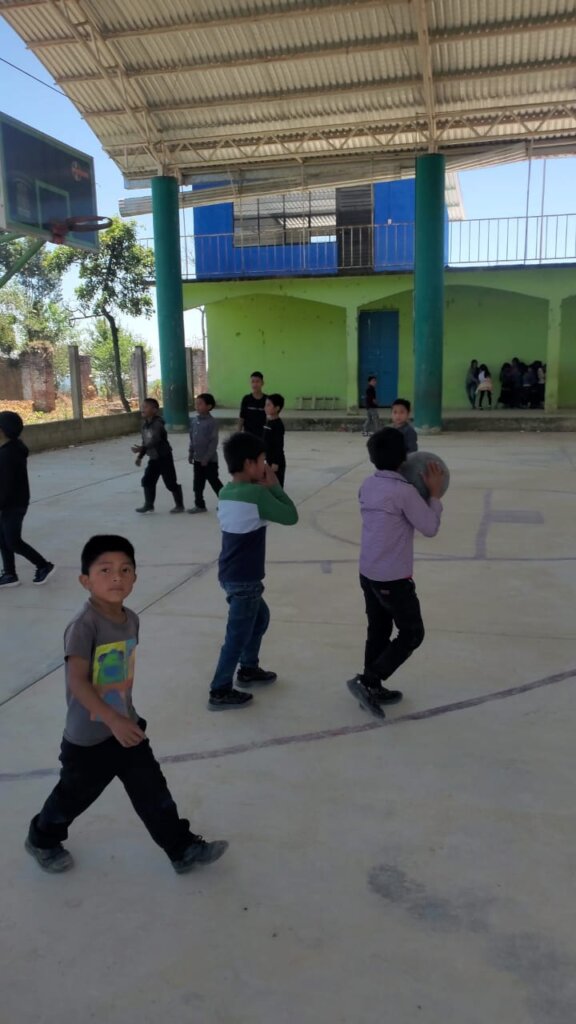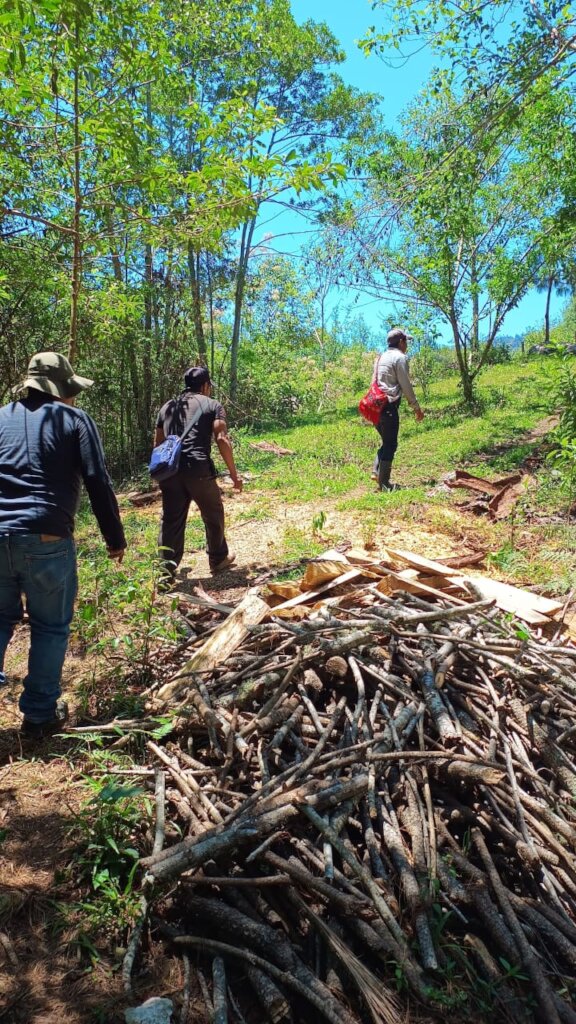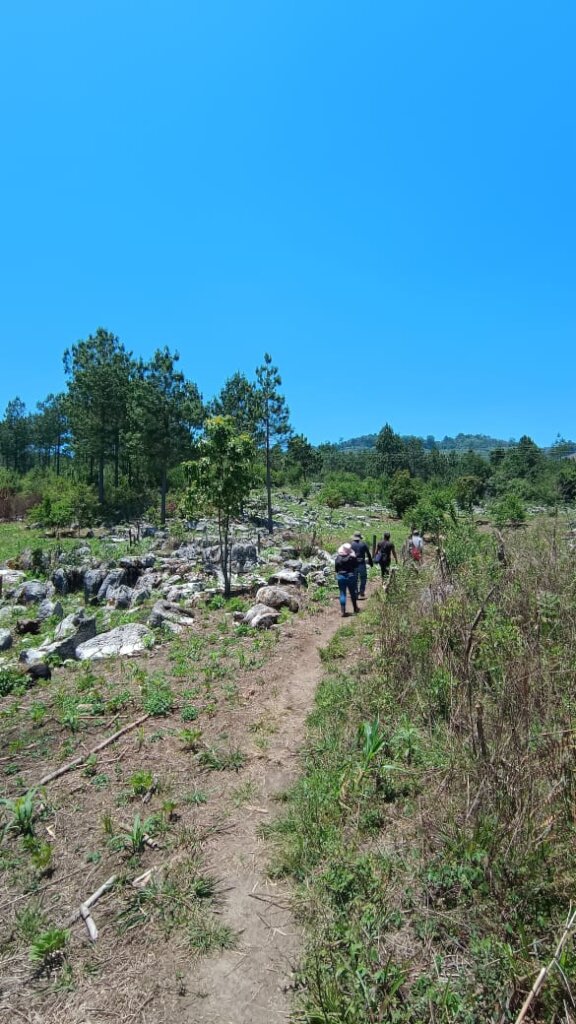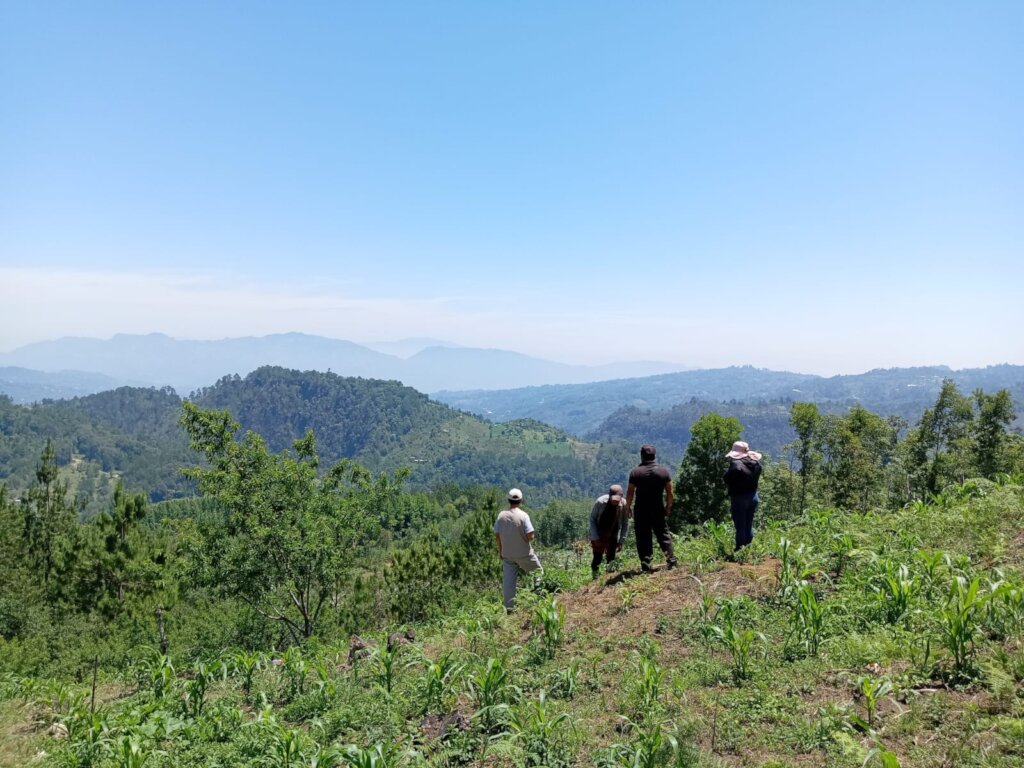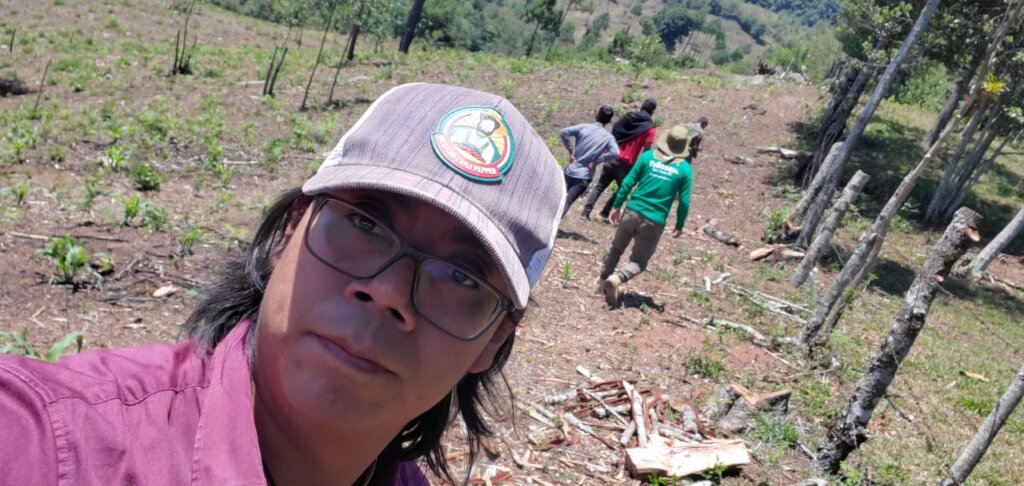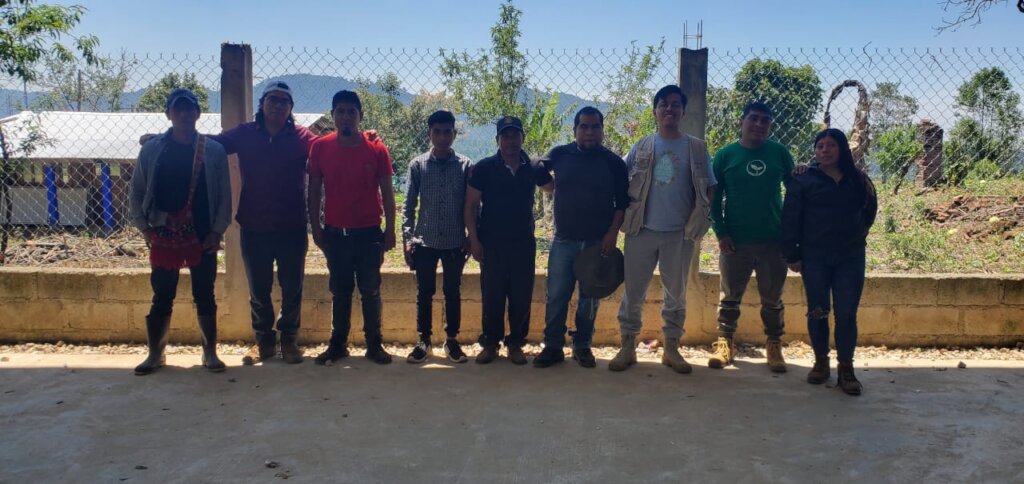By Victor Sanchez | Director del programa de cambio climatico
Activity Report – April 2025
Date of Activity: April 15, 2025
Location: El Retiro and Las Manzanas communities, Tenejapa municipality, Chiapas
Activity Summary
On April 15, 2025, our team, in collaboration with local authorities and community agents, carried out a community support visit to the villages of El Retiro and Las Manzanas in the municipality of Tenejapa. This visit aimed primarily to strengthen community ties and advance the participatory planning of reforestation efforts in the Highlands of Chiapas.
This activity is part of our mission to promote environmental restoration with a community-based approach, recognizing the importance of collective work to create a healthier and more prosperous environment for present and future generations, especially for the children living in these communities.
Objectives
•Establish direct dialogue with local authorities and community agents regarding the importance of reforestation.
•Identify and geo-reference priority areas for environmental restoration through field mapping and coordinate collection.
•Strengthen the community’s sense of belonging in relation to their land and natural resources.
•Engage children and youth through play-based activities to foster trust and active participation.
Activity Development
Throughout the day, our facilitation team met with community authorities from both villages, who expressed strong interest and commitment to the reforestation efforts. Open dialogues helped identify common environmental challenges, such as loss of forest cover, soil erosion, and reduced water sources.
Together with local leaders and community members, we visited several areas within the communal lands, where we carried out the collection of geographic coordinates to define reforestation zones. This information will be used to design ecologically appropriate interventions aligned with the landscape and community needs.
Community agents played a vital role throughout the process. Their constant involvement not only facilitated the identification of key areas, but also contributed valuable knowledge about the land, traditional land use, and local environmental history. Their engagement gave the project a deep sense of ownership, which is essential for long-term sustainability.
Working with Children: Planting Seeds Through Play
One of the most meaningful moments of the day was the time we spent with the children from the communities. As facilitators, we understand that child participation should not only be welcomed but actively encouraged through respect, creativity, and joy.
Through games, songs, and participatory dynamics, we created a safe and welcoming space where children could express themselves, connect with nature, and interact with our team. These activities not only help build confidence and self-esteem, but also begin to sow the seeds of environmental awareness from a young age.
Moreover, these playful moments help strengthen relationships with families, opening doors for broader and more inclusive community participation.
Results and Next Steps
The main outcomes of this visit include:
•Identification of at least three priority zones for reforestation in both communities.
•Strengthened relationships between our organization, local authorities, and community agents.
•Active participation of over 10 individuals, including community representatives, children, and youth.
•Creation of an atmosphere of trust and collaboration, essential for ongoing engagement.
Following this visit, we plan to continue organizing community-based reforestation activities in the coming months, involving more local actors, including schools, water committees, and women’s groups. We also plan to offer environmental education workshops and technical training to ensure proper care and monitoring of the trees that will be planted.
Final Reflection
This type of activity reaffirms for us that environmental restoration is not just a technical task—it is deeply human. It is a work that requires dialogue, respect, and collective commitment. The hope for a healthier environment for the children of the Highlands of Chiapas is built step by step, tree by tree, community by community.
We deeply thank all the people who make this work possible, as well as our partners at GlobalGiving. Your trust and ongoing support allow us to continue planting life and a hopeful future in communities that resist, dream, and thrive with dignity.
Project reports on GlobalGiving are posted directly to globalgiving.org by Project Leaders as they are completed, generally every 3-4 months. To protect the integrity of these documents, GlobalGiving does not alter them; therefore you may find some language or formatting issues.
If you donate to this project or have donated to this project, you can receive an email when this project posts a report. You can also subscribe for reports without donating.
Support this important cause by creating a personalized fundraising page.
Start a Fundraiser